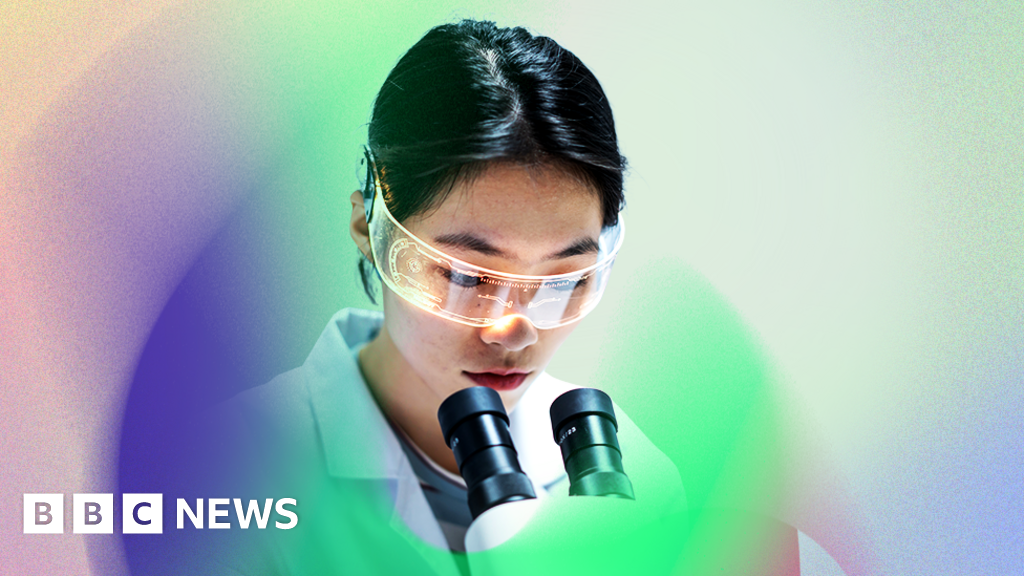This is the plain text result:
This is the fifth feature in a six-part series that is looking at how AI is changing medical research and treatments.
The difficulty of getting an appointment with a GP is a familiar gripe in the UK. Even when an appointment is secured, the rising workload faced by doctors means those meetings can be shorter than either the doctor or patient would like.
But Dr Deepali Misra-Sharp, a GP partner in Birmingham, has found that AI has alleviated a chunk of the administration from her job, meaning she can focus more on patients.
Dr Misra-Sharp started using Heidi Health, a free AI-assisted medical transcription tool that listens and transcribes patient appointments, about four months ago and says it has made a big difference.
With a workforce in decline while the number of patients continues to grow, GPs face immense pressure. A single full-time GP is now responsible for 2,273 patients, up 17% since September 2015, according to the British Medical Association (BMA).
Could AI be the solution to help GP’s cut back on administrative tasks and alleviate burnout? Some research suggests it could.
One company working on that is Denmark’s Corti, which has developed AI that can listen to healthcare consultations, either over the phone or in person, and suggest follow-up questions, prompts, treatment options, as well as automating note taking.
Meanwhile, currently, 1,400 GP practices across England are using the C the Signs, a platform which uses AI to analyse patients’ medical records and check different signs, symptoms and risk factors of cancer, and recommend what action should be taken.
An AI report published by the BMA this year found that “AI should be expected to transform, rather than replace, healthcare jobs by automating routine tasks and improving efficiency”.
In a statement, Dr Katie Bramall-Stainer, chair of General Practice Committee UK at the BMA, said: “We recognise that AI has the potential to transform NHS care completely – but if not enacted safely, it could also cause considerable harm. AI is subject to bias and error, can potentially compromise patient privacy and is still very much a work-in-progress.
Whilst AI can be used to enhance and supplement what a GP can offer as another tool in their arsenal, it’s not a silver bullet. We cannot wait on the promise of AI tomorrow, to deliver the much-needed productivity, consistency and safety improvements needed today.”
Source link




